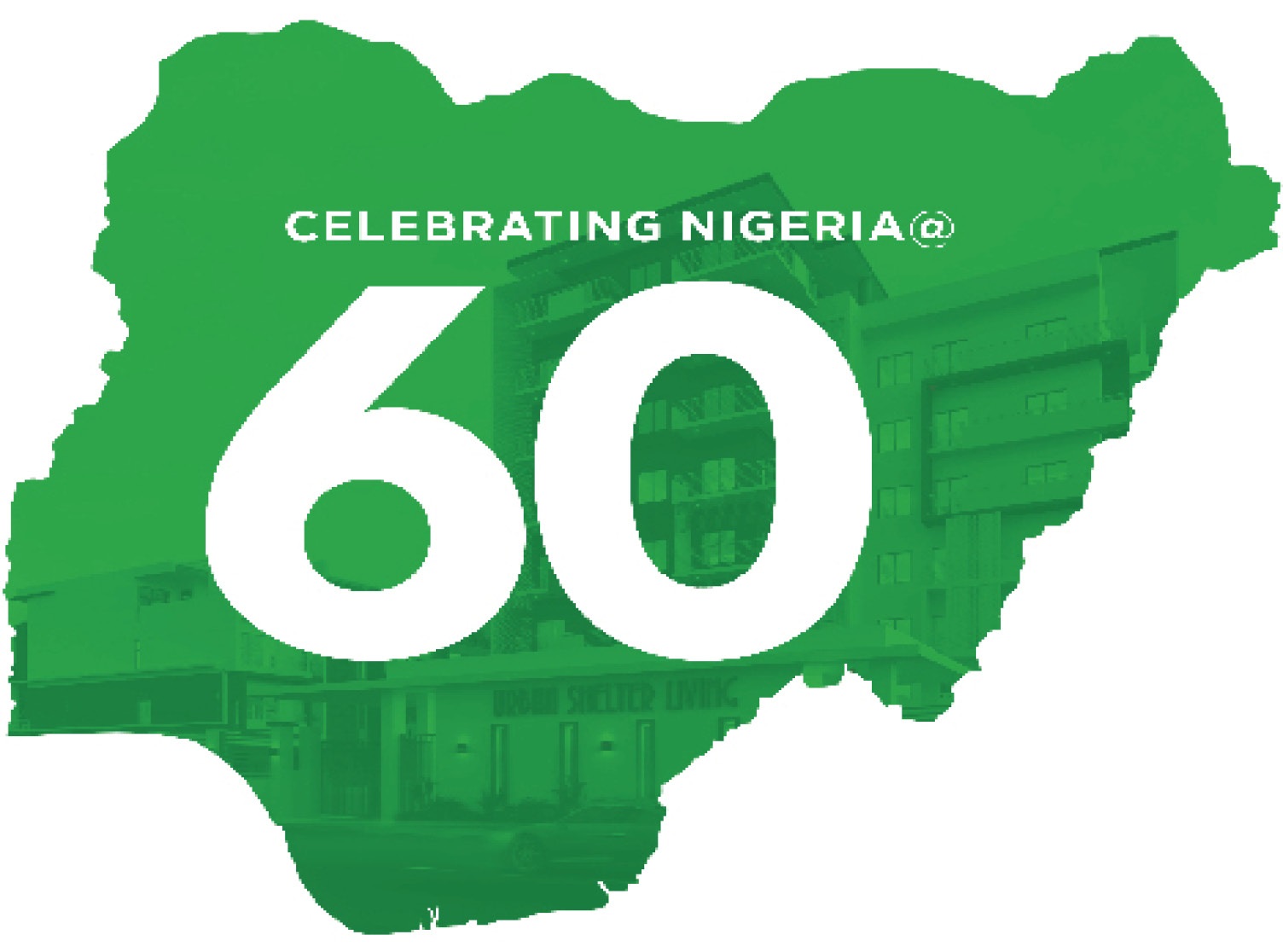Nigeria at 60
Today, the Nigerian government and citizens have rolled out the drums to celebrate 60 years since the attainment of national independence from British colonial rule on October 1, 1960. Independence Day has been marked every year in this country since then, sometimes lavishly, sometimes in a low-key manner if the socio-economic or security situation in […]

Today, the Nigerian government and citizens have rolled out the drums to celebrate 60 years since the attainment of national independence from British colonial rule on October 1, 1960.
Independence Day has been marked every year in this country since then, sometimes lavishly, sometimes in a low-key manner if the socio-economic or security situation in the country necessitated that.
Although Diamond Jubilee is a very significant anniversary, the government is also marking it in a low-key manner, given that the COVID-19 pandemic is still on and we are just emerging from a long period of lockdown.
Instead, the anniversary will be marked for a whole year, until September 30, 2021.
The theme of the celebrations adopted by the government is “Together at 60.”
The emphasis is on the fact that the country has survived together for 60 sometimes peaceful, sometimes tumultuous years.
The latter included a very costly civil war that lasted 30 months and cost over a million lives.
This was the single most traumatic event in the history of independent Nigeria.
We, however, have had other tragedies such as intercommunal clashes, insurgency, armed robbery and banditry, tragic air, road and train accidents, natural disasters, economic recession, epidemics and one pandemic, successful and abortive military coups, anti-government riots, etc.
We have also had a very divisive politics, contentious elections and election violence.
When all these setbacks are considered, it is indeed an achievement worth celebrating that the country has survived together as one for six full decades.
It was not all a story of gloom and doom, however.
Through it all, this country recorded appreciable progress in many sectors.
Educational opportunities were vastly expanded, even if we have not yet eliminated illiteracy, out-of-school children or delivered high-quality education to all.
Our infrastructure also expanded appreciably, with many Trunks A, B and C roads, flyovers, bridges, sea and airports.
Lots of new universities, polytechnics, other tertiary institutions, general and specialist hospitals as well as factories, stadia and office complexes were built.
We also built a brand-new federal capital city, Abuja.
It is true that we have been quite poor in maintaining these facilities and infrastructure.
So poorly maintained are these facilities that the younger generation who have no memories of what the situation was like in the past, believe that Nigeria made no progress at all since independence.
In recent decades, this country has also benefited very much from technological advances that originated in other lands.
This has had a great impact in our telecommunication, information technology, media and financial sectors.
We must use this one year of celebration to reflect deeply on where the country goes from here.
Already, some people express dissatisfaction with the country’s political structure.
Almost everyone is dissatisfied with the slow rate of economic growth, which often lags behind our rapid population growth rate.
And surely every Nigerian is unhappy with our internal security situation.
If only this country could adopt policies that will ensure rapid socio-economic development, many of our social problems of today such as mass unemployment and crime could be things of the past.
Nigeria’s leadership recruitment, governance structure, quality of political leadership and orientation of civil servants have also not been the best since at least the end of the First Republic.
It is awful, for example, that we keep adopting national development visions and plans and almost always fail to achieve them.
In order for the next 60 years to be really meaningful, the country could do with an improvement in our system of politics, leadership quality and overall quality and orientation of the public service.
It is visionary and committed leadership and public service that could launch the country on the path to rapid development and on to greatness in a few short decades.
